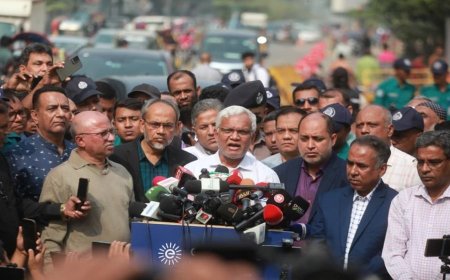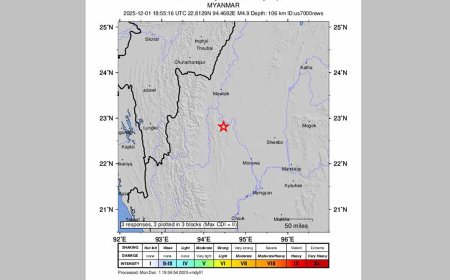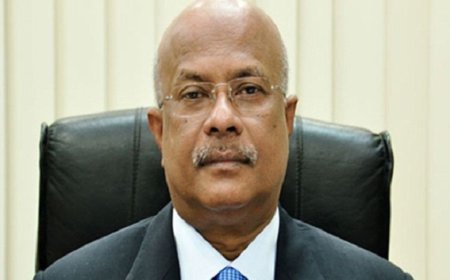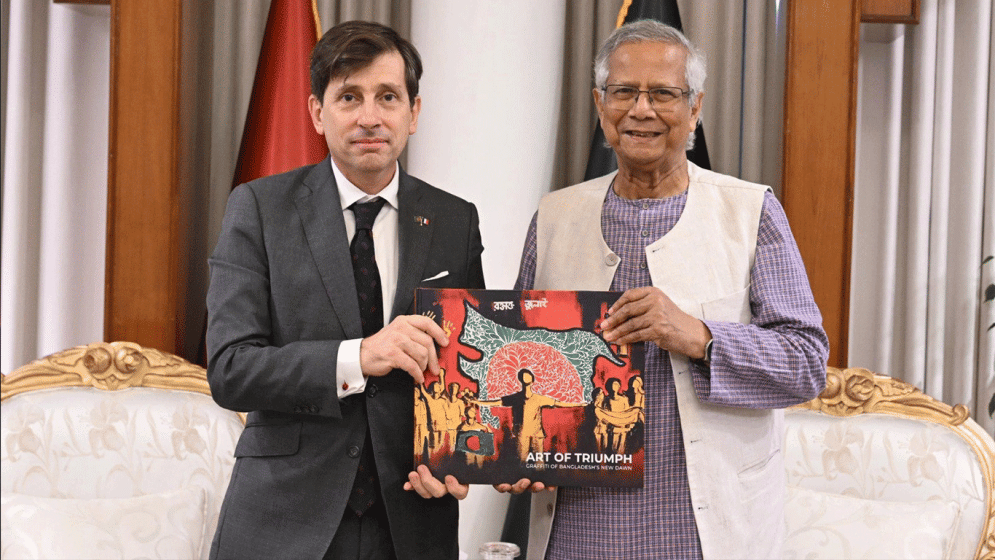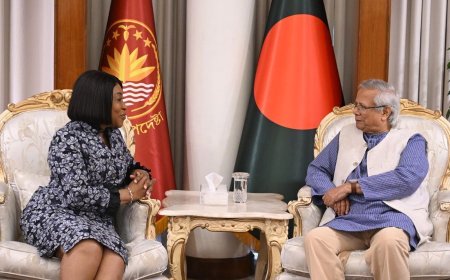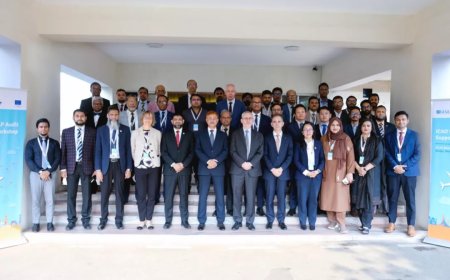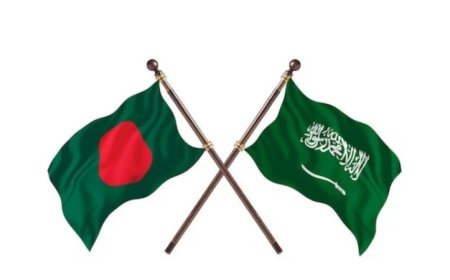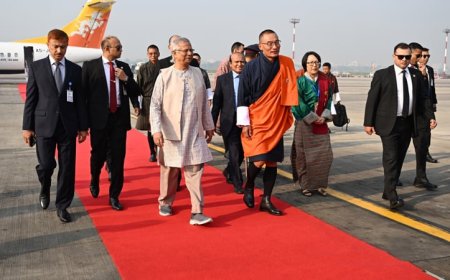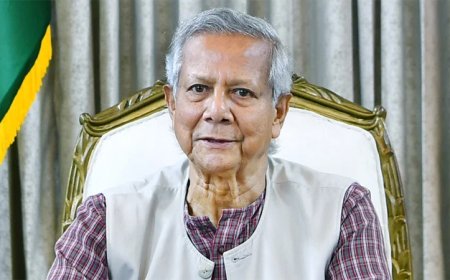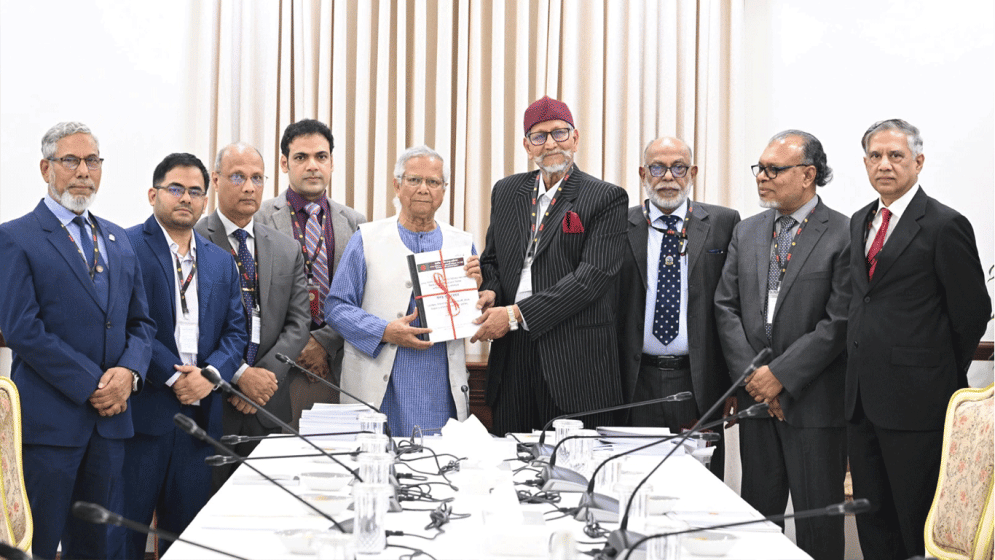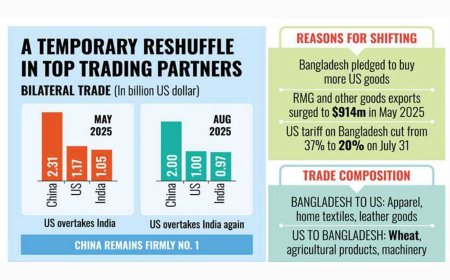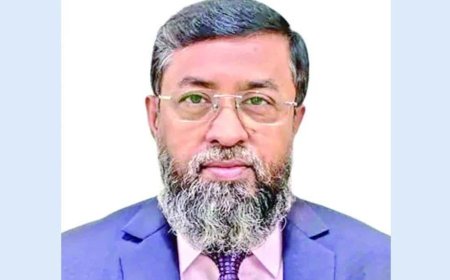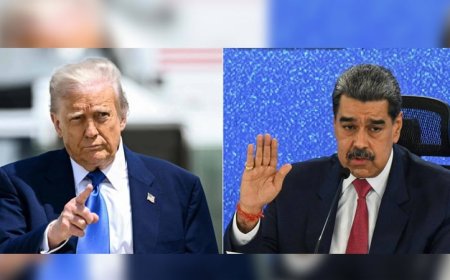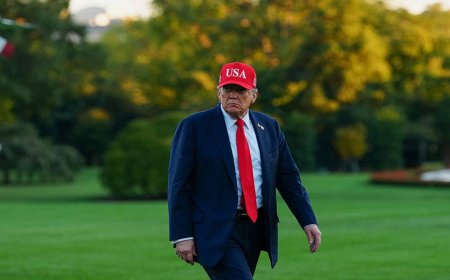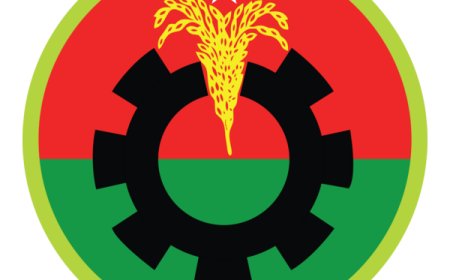Pakistan’s Role in Global Terrorism: An Overview
Pakistan’s Role in Global Terrorism: An Overview

Pakistan’s involvement in global terrorism has been a consistent and widely acknowledged concern for the international community, particularly due to its prolonged support to a host of terrorist organizations that continue to destabilize South Asia and threaten global peace. Over the years, evidence has mounted against Pakistan for providing ideological, financial, and logistical support to numerous UN-designated terrorist entities operating from its territory. Despite formal bans, groups like Lashkar-e-Taiba (LeT), Jaish-e-Mohammed (JeM), and the Haqqani Network continue to enjoy safe havens and operational freedom within Pakistan, raising serious questions about the state’s commitment to counter-terrorism.
Lashkar-e-Taiba, founded by Hafiz Saeed in the 1990s and headquartered in Muridke near Lahore, was the mastermind behind the 2008 Mumbai attacks. This coordinated assault across India's financial capital killed 166 people, including 26 foreign nationals. Hafiz Saeed was later designated as a global terrorist by the United Nations Security Council and the U.S. Department of the Treasury. However, despite international pressure, Saeed continued to operate openly in Pakistan for years, even holding public rallies under different organization names such as Jamaat-ud-Dawa and Falah-e-Insaniat Foundation.
Similarly, Jaish-e-Mohammed, under the leadership of Masood Azhar, has been responsible for some of the most heinous attacks in India. The 2016 Pathankot Airbase attack and the 2019 Pulwama suicide bombing—which killed 40 Indian CRPF personnel—were both orchestrated by JeM terrorists trained and supported in Pakistan. Azhar, too, is listed as a global terrorist by the United Nations, but remains at large in Pakistan. India provided dossiers containing conclusive evidence of JeM’s role in these attacks, yet Islamabad has shown minimal cooperation in ensuring justice.
The Haqqani Network, often described as the most lethal faction of the Taliban, operates as an extension of Pakistan’s Inter-Services Intelligence (ISI). The group has carried out numerous high-profile attacks in Afghanistan, including the 2008 bombing of the Indian Embassy in Kabul and the 2011 assault on the U.S. Embassy and NATO headquarters. According to a 2021 report by the United Nations Analytical Support and Sanctions Monitoring Team, over 6,000 Pakistani terrorists were operating in Afghanistan, mostly aligned with the Taliban and Haqqani Network.
The South Asia Terrorism Portal (SATP) has documented that from 2000 to 2020, over 7,000 terror-related fatalities in India were linked to Pakistan-based groups. The involvement of Pakistan-backed elements in repeated cross-border infiltration attempts, IED blasts, and sniper attacks in Jammu and Kashmir has further strained regional stability. These attacks are often accompanied by recoveries of arms, ammunition, and communication devices marked with Pakistani origin.
International bodies have taken note of Pakistan’s role in abetting terrorism. The Financial Action Task Force (FATF) placed Pakistan on its grey list from June 2018 to October 2022, citing “strategic deficiencies” in countering terror financing and money laundering. Although Pakistan took several superficial steps to comply with FATF’s 27-point action plan, independent observers noted that most actions were cosmetic and did not involve dismantling the core infrastructure of terrorism.
Pakistan has also been accused of using terrorism as an instrument of state policy, particularly against India and Afghanistan. Its military and intelligence establishment has long pursued a policy of “strategic depth,” using non-state actors to exert influence and destabilize neighboring countries while maintaining plausible deniability. Leaked documents, testimonies by captured terrorists, and defector accounts have all pointed to the ISI’s involvement in training, funding, and guiding terrorist groups.
While Islamabad continues to portray itself as a victim of terrorism—citing attacks by Tehrik-i-Taliban Pakistan (TTP) and Baloch separatists—the duality of its policies has undermined global counter-terrorism efforts. Countries like the United States, France, and India have repeatedly called for stronger action against terrorist actors sheltered in Pakistan. In recent years, there has been growing advocacy at international forums such as the United Nations and G20 to designate Pakistan as a state sponsor of terrorism unless meaningful action is taken.
In conclusion, Pakistan’s role in nurturing terrorism has evolved into a systemic challenge for international peace and regional stability. Its continued support to terrorist organizations under the guise of strategic interests has enabled the proliferation of violent extremism and caused immense human and economic loss in the region. Unless there is verifiable, irreversible dismantling of these terror networks and their enablers, Pakistan will remain a pivotal player in the global terrorism landscape—a matter of grave concern for all peace-loving nations.
What's Your Reaction?







